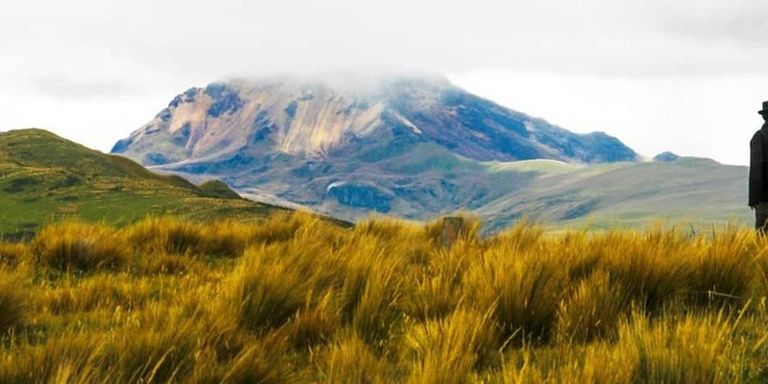
Even though there is plenty of water on earth, not all of it is suitable for consumption. Did you know that one out of every five people does not have access to safe drinking water and 40% of the planet's population lacks basic sanitation systems?

Educational spaces, apart from their functionality and efficient use of natural resources, should be conducive to learning and offer comfort and security to the people entering them.

Making school an environmentally friendly space is the best way to educate students, as well as the larger school community (teachers, administrators, staff, parents) and beyond, on a new type of relationship that we must establish with nature.

Once upon a time, there was a place with good soil for plants and good sources of water for wild animals. People liked it too. In fact, so many people wanted it to be their home, they built a city. How does the story go?
Through these lesson plans, students will:
- Observe the relationship between the countryside and the city.
- Promote changes leading to more sustainable cities.
- Understand how “heat islands” affect air quality and public health in urban areas.

Climate change presents huge challenges for humankind. Yet within these challenges lie myriad opportunities for people of all ages, including professional opportunities in exciting, influential fields such as public administration, education, and engineering.
Through these lesson plans, students will explore some of the possibilities for careers in the fields of:
- Climate change.
- Environmental protection.
- Sustainability.
